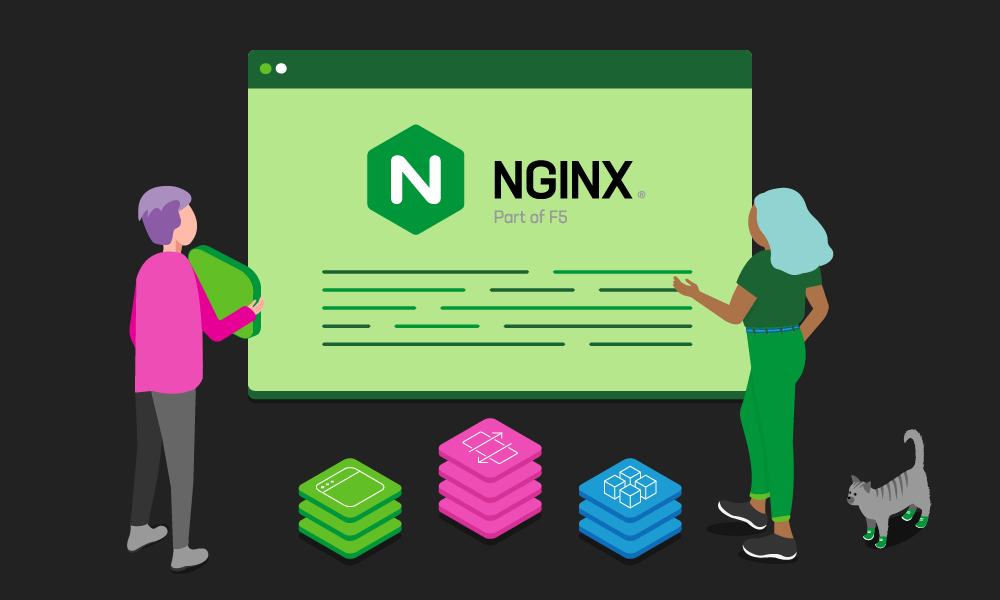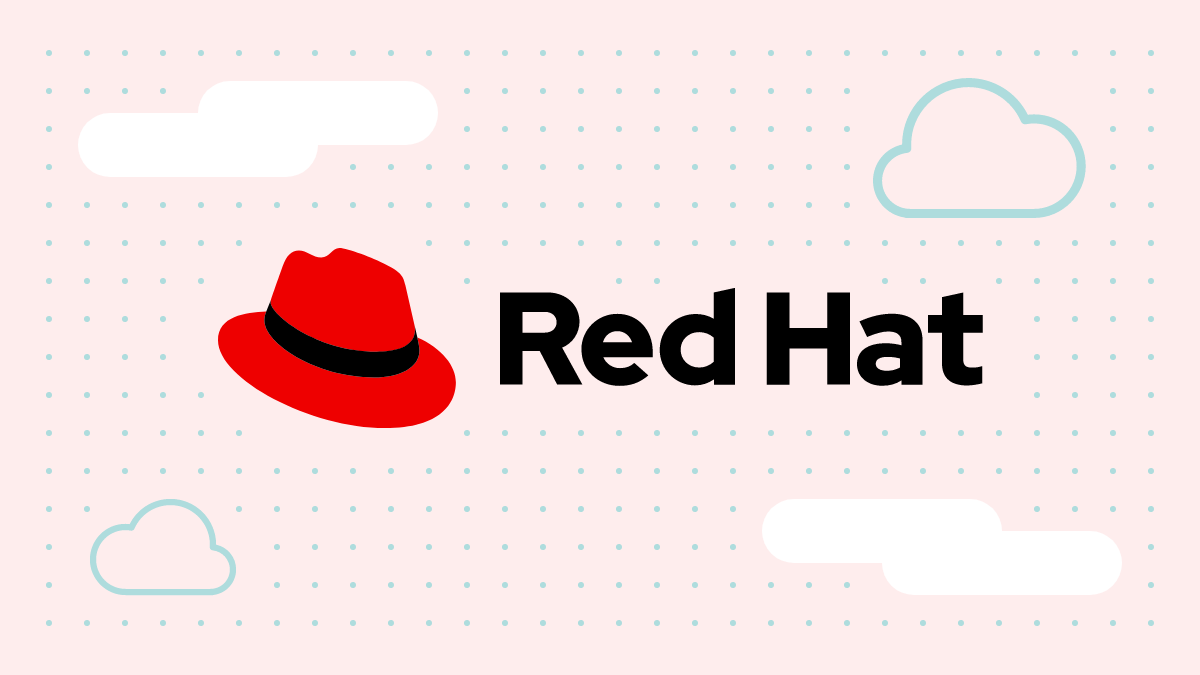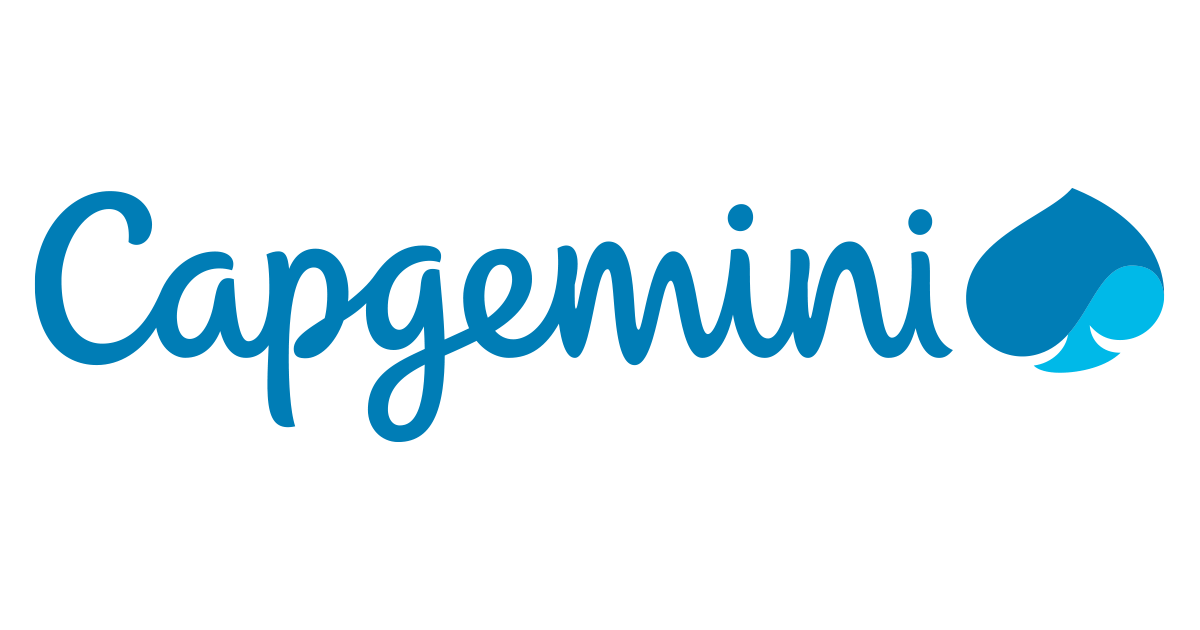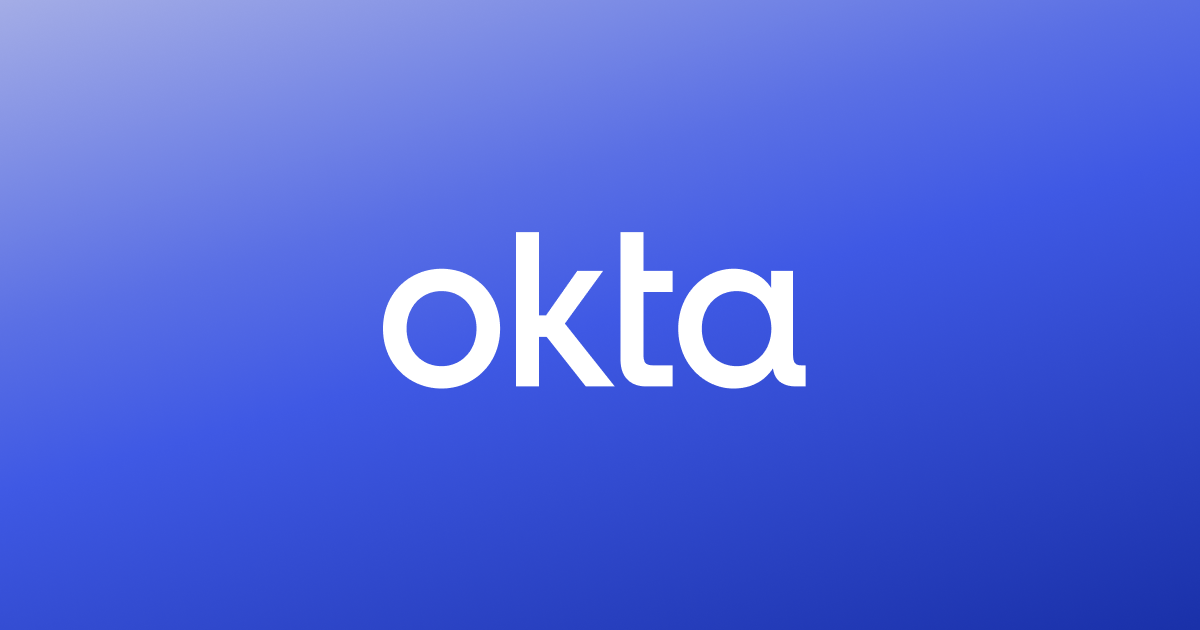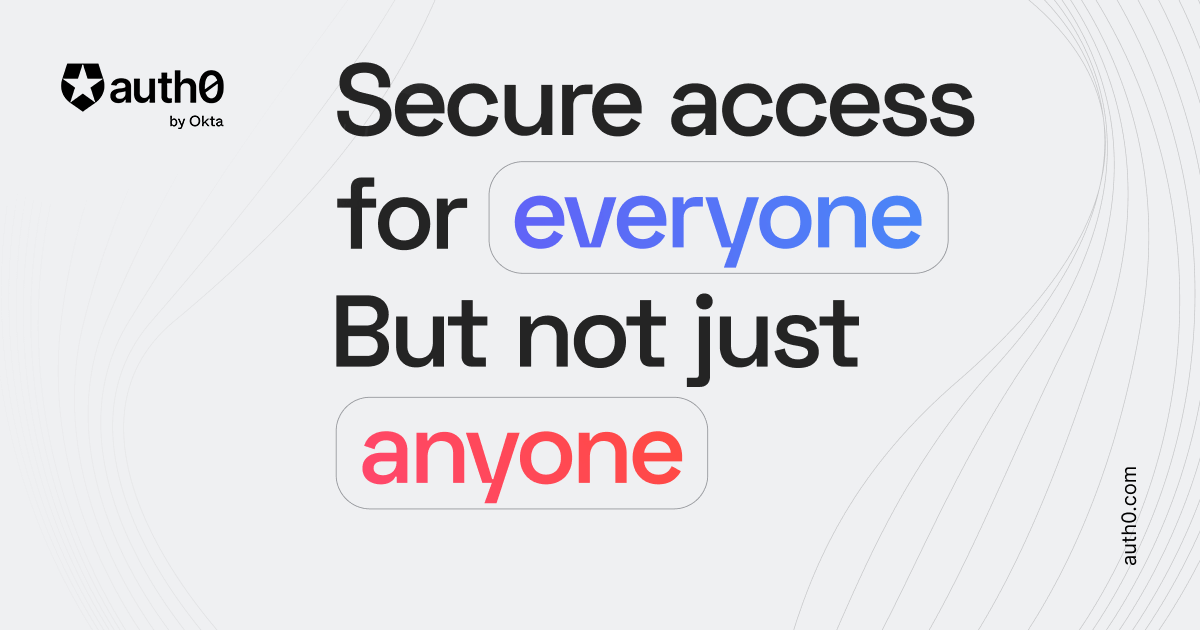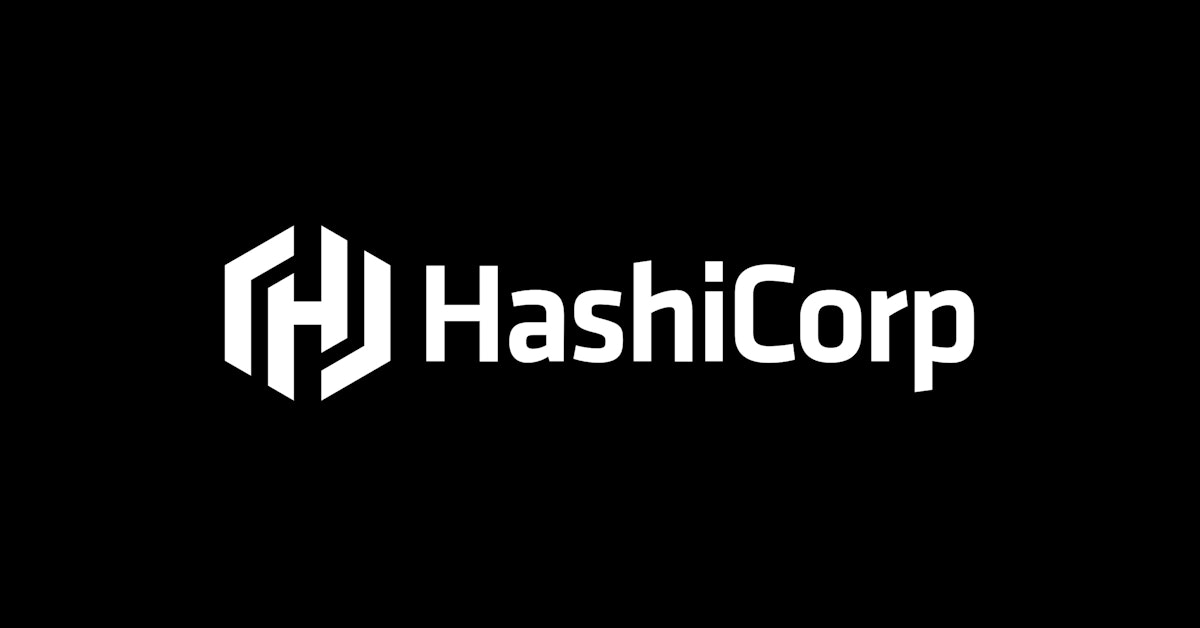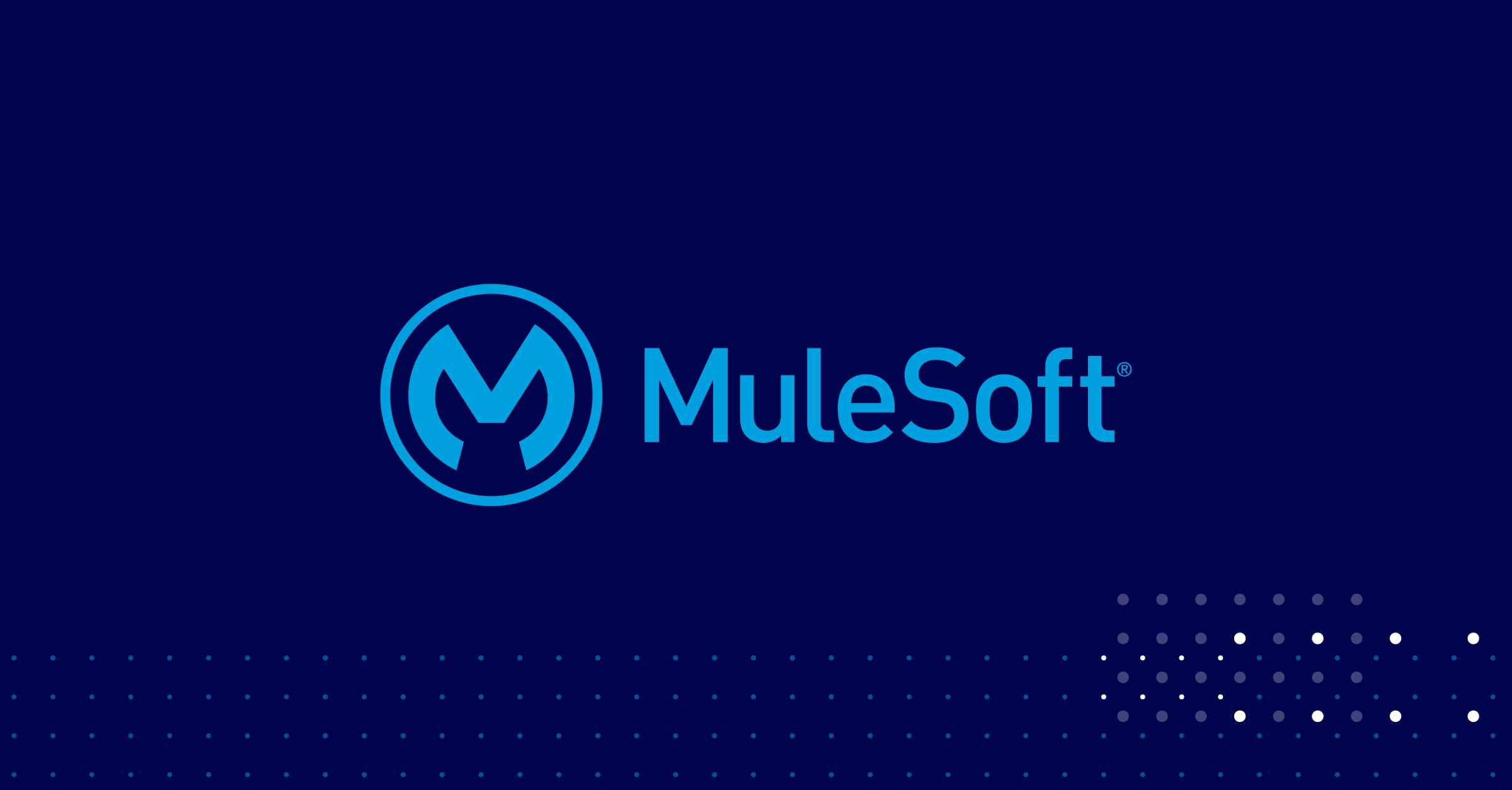Introduction
API management has become a critical part of software development in today’s digital landscape. As applications evolve to be more distributed with microservices and cloud-native architectures, APIs play an integral role in integrating systems, sharing data and bringing modular services together. This has increased the need for robust API management platforms that can secure, publish and monitor APIs at scale. In this blog, we evaluate 15 of the leading API management solutions based on key criteria to help organizations select the right one for their needs.
Methods of Evaluation
To evaluate the leading API management platforms, we considered the following factors: native functionality for API gateway, publishing, security, analytics etc.; enterprise-readiness in terms of scalability, support for complex enterprise requirements; developer experience and self-service capabilities; pricing and distribution model; market presence in terms of customer base, revenue and mind share. Beyond the conventional evaluation criteria, we also looked at intangible factors like number of backlinks, website traffic and search volume for the company names and product keywords to assess overall online awareness and popularity.
1. Nginx
Nginx is an open-source web server and reverse proxy. Originally designed for maximum performance and stability, Nginx powers some of the busiest websites on the internet. The commercial version of Nginx offers additional features like advanced load balancing, REST APIs and API management capabilities.
Pros: Some key advantages of Nginx include:
– Open source with commercial support from Nginx
– High performance, scalable and lightweight
– Robust API gateway capabilities for traffic management
– Wide range of authentication, authorization and monitoring
Cons: One potential disadvantage is that as open source software, ongoing support and maintenance relies on the Nginx community and paid support plans.
Pricing: Nginx offers both open source and commercial licenses. The open source version can be downloaded and used for free. Commercial subscriptions with support start at $995 per year for small teams.
Some key stats about Nginx include:
– Powers over 50% of the top 100,000 busiest websites globally
– Handles over 35% of the world’s top million busiest websites
– Scales up to tens of millions of concurrent connections
2. IBM API Connect
IBM API Connect is an API management platform from IBM that helps organizations publish, manage and analyze APIs across hybrid cloud environments. It provides comprehensive API management capabilities to enable organizations to implement API strategies across various environments.
Pros: Some key advantages of IBM API Connect include:
– Comprehensive API management across hybrid cloud
– Flexible API programming model for event driven apps
– Rich analytics and insights for compliance needs
– Consistent governance across on-prem and cloud deployments
Cons: A potential disadvantage of IBM API Connect is that its feature-rich platform requires more resources and expertise to implement and manage compared to simpler, less full-featured API management solutions.
Pricing: IBM API Connect pricing is based on a subscription model. Pricing varies based on factors such number of APIs, transactions per month, number of developers and environments required. Contact IBM sales for a custom quote.
Some key stats about IBM API Connect include:
– Manages over 5 billion API requests per day for major enterprises
– Supported over 500,000 APIs
– Used by 9 of the top 10 largest banks
– Over 20 years of API management experience
3. Red Hat 3Scale API Management
Red Hat 3Scale API Management is an open source API gateway and management platform offered by Red Hat. As the industry’s most comprehensive open source API management solution, 3Scale provides capabilities for discovery, design, testing, monitoring, and analytics of APIs.
Pros: Key advantages of Red Hat 3Scale API Management include:
– Open source API gateway with commercial support
– Integrates with Kubernetes for container deployments
– Centralized visibility for microservices ecosystem
– Self-service capabilities for developers
Cons: One potential disadvantage is that the open source version lacks some advanced analytics and reporting capabilities found in other commercial offerings.
Pricing: Red Hat 3Scale API Management is available in both open source and commercially-supported editions. The open source edition is free to use. Commercial subscriptions with additional features start at $5,000 per year.
Some key stats about Red Hat 3Scale API Management include:
– Protects over 5 billion API calls daily
– Used by over 5,000 companies worldwide
– Supports APIs for mobile, web, IoT, and other applications
4. Capgemini API Academy
Capgemini API Academy is an API management platform developed by Capgemini, a global leader in consulting, technology services and digital transformation. The platform offers API advisory and implementation services to help organizations establish API strategies and build API-driven experiences.
Pros: Some key advantages of Capgemini API Academy include:
– Adds API expertise and capabilities required to develop, deploy and manage APIs at scale
– Provides a holistic API strategy and implementation approach through its consulting services
– Offers API advisory, building, testing, publishing and management in an integrated platform
Cons: A potential disadvantage is that as a larger enterprise platform, it may be more expensive than some other API management options for smaller organizations or projects.
Pricing: Capgemini API Academy pricing is customized based on factors like number of APIs, calls volume and additional services required. It offers both on-premises and SaaS subscription-based pricing models. Potential customers can request a free quote and trial on Capgemini’s website.
Some key stats about Capgemini API Academy include:
– Supports over 500 customers globally across multiple industries
– Manages over 10,000 APIs
– Secures more than 1 billion API calls per day
5. Fortify On-Demand by Micro Focus
Micro Focus’ Fortify On-Demand is an API and web application security testing solution. It is a Software-as-a-Service (SaaS) platform that helps developers and security teams continuously assess and monitor applications for security issues before they reach production environments.
Pros: Some key advantages of Fortify On-Demand include: Continuous Software Composition Analysis, Dependency tracking and vulnerabilities management, Integrated Application Security Testing, and SDLC Integration for DevSecOps workflows.
Cons: The main disadvantage of Fortify On-Demand is that it is cloud-hosted so some customers may prefer an on-premise model for data sovereignty reasons.
Pricing: Fortify On-Demand pricing is per user per month typically starting at around $50/month for developer seats and $100/month for security reviewer seats. Volume discounts are available for enterprise customers.
Some key stats about Fortify On-Demand include: – Over 10,000 customers worldwide across all major industries. – Supports over 45 programming languages and frameworks out of the box including PHP, Java, .NET, Node.js and more. – Scans over 1 million APIs and web apps per month continuously monitoring for vulnerabilities.
6. okta
Okta is an identity and access management platform that allows organizations to manage and secure user authentication and authorization to enterprise applications. Founded in 2009, Okta’s platform consists of integrated services including Single Sign-On, Multi-factor Authentication, Universal Directory, Lifecycle Management, API Access Management, and more. With headquarters in San Francisco, Okta serves over 15,000 customers worldwide including corporations like Nordstrom, Slack, and Fedex.
Pros: Some key advantages of Okta include:
– Seamless integration using standards like SAML, OAuth, and OpenID Connect
– Designed for large enterprises with features like SSO, MFA, identity governance, and access management
– Extensive API library allows for easy custom integrations and development of identity-based applications
– Lifecycle management capabilities ensure identity hygiene across user provisioning changes
Cons: One potential disadvantage is that Okta is primarily geared towards large enterprises rather than smaller organizations due to its pricing tier structure. Some smaller functionality may also be limited compared to point solutions focused on a single area like SSO.
Pricing: Okta offers a variety of paid pricing tiers tailored towards different organization sizes. Pricing is based on a per-user per-month model and ranges from $2-$4 per user for the Developer Edition up to $20-$50 per user for the highest Enterprise tiers which include additional features like adaptive authentication, identity governance administration, self-service password resets and more.
Some key stats about Okta include:
– Over 15,000 customers globally including 65% of the Fortune 500
– Secures well over 5,500 apps for customers every day
– Processes over 15 billion authentications per month
7. Capital One API Gateway
Capital One API Gateway is an API management platform built by Capital One to enable access to their developer services in a secure and scalable manner. The platform is built on top of Kong, an open source API gateway and management layer, extended with additional capabilities required at an enterprise scale.
Pros: Some key advantages of Capital One API Gateway include:
– Enables secure access to developer services through authentication and authorization
– Built on Kong open source ensuring extensibility and support for future features
– Has a proven track record of handling APIs at enterprise scale within Capital One
Cons: One potential disadvantage is that as an enterprise platform built for Capital One’s needs, it may have some features or pricing optimized specifically for large organizations.
Pricing: Pricing for Capital One API Gateway is not publicly listed as it is an internal platform. It is likely only available through direct engagement with Capital One for their financial and banking clients.
Some key stats about Capital One API Gateway include:
– Handles over 2 billion API calls per day for Capital One’s services
– Secures access for over 10,000 external developers
– Has a 99.99% uptime SLA
– Supports OAuth, JWT, basic authentication and other standards
8. Auth0
Auth0 is an identity platform that provides comprehensive authentication and authorization services. Founded in 2013, Auth0 secures thousands of applications for large enterprises and individual developers. The company aims to make secure identity access simple for everyone.
Pros: Key advantages of Auth0 include: an OAuth 2.0 and OpenID Connect compliant platform; customizable identity management capabilities to integrate with any application or API; self-service user signup and registration with universal single sign-on (SSO); robust enterprise-level support.
Cons: One potential disadvantage is that Auth0’s pricing tiers could be too expensive for some smaller teams or individual developers. However, Auth0 does offer generous free tiers for development and testing purposes.
Pricing: Auth0 offers several paid pricing tiers including Pro, Enterprise, and Custom. Pricing is based on the number of active users each month. The free tier supports up to 7,000 active users per month.
Some key stats about Auth0 include: serves over 4,000 customers, including 30% of the Fortune 100; processes over 125 billion authentication requests per month; protects over 1 trillion API calls per day.
9. HashiCorp Vault
HashiCorp Vault is an open source secrets management and access platform developed by HashiCorp. Vault centralizes secrets for microservices, databases, AWS, etc, enabling you to centrally manage, securely store and tightly control access to tokens, passwords, certificates, encryption keys and other secrets.
Pros: Some key advantages of Vault include: Store, manage and control secrets securely, Central secrets injection into microservices, Integrates with popular services like Consul, Kubernetes, Encryption as a service for applications and databases.
Cons: Vault requires additional infrastructure to run which increases complexity and cost compared to purely SaaS secrets management products.
Pricing: Vault has 3 tiers – Free, Dev/Test and Production. The free tier provides basic functionality while Dev/Test ($20/secret/month) and Production ($100/secret/month) add higher throughput, HA, support and other enterprise features.
Vault has over 4000 GitHub stars and is used by enterprises like Cisco, Cisco Meraki, Comcast, GitHub and more. It supports over 150 integrations including popular services like AWS, SQL, Kubernetes and Consul.
10. Anaconda Enterprise
Anaconda Enterprise is a complete data science and machine learning platform that features built-in API management capabilities. It provides enterprises with a centralized hub for securing access to models and data via REST APIs while also offering capabilities for model publishing, versioning and governance.
Pros: Key advantages of Anaconda Enterprise include: 1) Its AI/ML platform capabilities combined with an out-of-the-box API management layer allow for secure sharing of models and data via APIs. 2) It allows data scientists to publish Python packages, Docker containers and Jupyter notebooks as REST APIs with access control and authentication. 3) Model versions can be tracked and rolled back which is crucial for production ML systems.
Cons: One potential disadvantage is that the pricing may be higher than some other dedicated API management platforms. However, when factoring in its data science capabilities, it provides good overall value.
Pricing: Anaconda Enterprise pricing starts at $15,000 per year for 250 users. Additional pricing options are available for larger deployments with custom support plans also available. Discounted academic licenses are offered as well.
Some key stats about Anaconda Enterprise include:supports over 150 programming languages and frameworks for data science and AI/MLworkforces; integrated development environment used by over 21 million data scientists worldwide; over 500 million downloads of the open source Anaconda distribution annually.
11. CA API Management
CA API Management is an API management platform from Broadcom that provides comprehensive tools for publishing, monitoring and securing APIs. It aims to help organizations adopt an API-led approach to app development and facilitate API reuse across internal and external partners.
Pros: Some key advantages of CA API Management include:
– Hybrid API management for both on-premises and cloud environments
– Controlled collaboration through developer portals
– Comprehensive analytics of API adoption and usage
– Robust security features for APIs like OAuth, TLS, rate limiting etc.
Cons: One potential disadvantage is that the on-premises version requires setting up and managing infrastructure.
Pricing: CA API Management pricing starts at $5k/month for the Cloud edition. On-premises editions have an upfront perpetual license fee plus annual maintenance.
Some key stats about CA API Management include:
– Used by over 1,500 enterprises worldwide
– Supports over 10 billion API calls per day
– 30+ years in the software industry
– Wide coverage of industries like financial services, retail, healthcare and more
12. Dashlane For Teams
Dashlane For Teams is a password manager and single sign-on solution designed for businesses. It allows organizations to securely store, share, and manage login credentials across teams.
Pros: Some key advantages of Dashlane For Teams include: shared password management and single sign-on access for teams, two-factor authentication and protection of API keys, a scalable solution for centralized password management across entire organizations, and centralized admin controls for IT admins to audit user access and activity.
Cons: One potential disadvantage is that the centralized management interface may not be as intuitive for some users accustomed to consumer-focused password managers.
Pricing: Dashlane For Teams pricing starts at $5 per user per month for the Professional plan (up to 25 users) and goes up to $10 per user per month for the Business plan (unlimited users).
Some key stats about Dashlane For Teams include: it currently protects over 30 million users globally, supports single sign-on for over 5,000 websites and apps, and is trusted by over 500 enterprise customers worldwide.
13. BeyondTrust
BeyondTrust is a leading provider of privileged access management (PAM) solutions. Founded in 2002, BeyondTrust helps organizations centralize and control access to critical systems and assets across an extended modern enterprise. The company’s intelligent PAM solution provides full visibility, analytics, and governance around privileged access and changes across all traditional and cloud platforms.
Pros: Some key advantages of BeyondTrust’s PAM solution include: Granular control and monitoring of all privileged access activities; Risk scoring and analytics to identify threats from misused privileged accounts; Centralized access request and approval workflows; Automated password management and credential vaulting; Seamless integration with major IT systems and platforms.
Cons: One potential disadvantage is a relatively high total cost of ownership compared to some open source or lower-end PAM solutions due to enterprise-grade features and support.
Pricing: BeyondTrust offers flexible pricing models including on-premises perpetual licenses and cloud-based/SaaS subscriptions. Pricing is based on number of privileged users, endpoints, and systems to be managed. Contact BeyondTrust sales for a custom quote.
Some key stats about BeyondTrust’s PAM solution include: Protected over 12,000 customers globally including Fortune 500 companies and large government agencies; Secured over 1 million privileged users and endpoints; Record and monitor over 300 million privileged sessions annually.
14. MuleSoft Anypoint Platform
MuleSoft Anypoint Platform is an API-led connectivity platform from MuleSoft that provides comprehensive capabilities for API management, application integration, and process automation. As enterprises embrace digital transformation, MuleSoft helps connect any application or data source and create seamless experiences for customers, partners, and employees.
Pros: Key advantages of MuleSoft Anypoint Platform include its unified platform for API management and integration, multi-cloud and hybrid deployment options, 360-degree visibility with observability capabilities, and rich API portfolio management.
Cons: A potential disadvantage is that the platform has a relatively high total cost of ownership compared to some open-source or single-purpose API management solutions due to its robust feature set and wide application for both integration and API management use cases.
Pricing: Pricing for MuleSoft Anypoint Platform varies based on throughput, nodes, professional services, and additional add-ons. It has free and paid developer/starter tiers as well as commercial licenses and enterprise support starting at $15,000 per year.
Some key stats about MuleSoft Anypoint Platform include: used by over 1,200 organizations globally, supports over 500 pre-built connectors for popular SaaS and enterprise applications, manages over 1 million APIs, and processes more than 8 billion transactions daily.
15. Nexus from Sonatype
Nexus from Sonatype is an API management and software composition analysis tool that helps organizations manage their software supply chain. As the de facto standard in software supply chain management, Nexus provides visibility and control across all components used in an application.
Pros: Some key advantages of Nexus include: Helps build and manage component libraries for reuse across teams and projects. Supports CI/CD pipelines and orchestration for APIs and microservices. Provides visibility into components and libraries used in applications for license compliance and vulnerability management.
Cons: The primary disadvantage is the learning curve required to set up and configure Nexus for more complex use cases beyond basic package/component hosting. An on-premise installation also requires infrastructure to host the Nexus application.
Pricing: Nexus is available in free and paid versions. The free version provides basic repository hosting capabilities. Paid plans starting at $5,000/year provide additional features for software composition analysis, role-based access control, and support.
Some key stats about Nexus include: Used by over 2000 organizations worldwide and trusted by over 15 million developers. Offers repository management for over 500 package types and formats like NPM, Maven, Docker, Python and more. Integrates with over 30 CI/CD tools including Jenkins, GitLab, and GitHub Actions.
Conclusion
Choosing the right API management solution is crucial to efficiently develop and govern the APIs that power digital services and ecosystems. While every platform has its unique strengths, the top choices that stood out based on comprehensive evaluation were Nginx, IBM API Connect, Red Hat 3Scale and Mulesoft Anypoint for their rich feature sets, enterprise leadership, robust product roadmaps and proven deployments at large organizations. However, the choice also depends on individual business and technical requirements which should be the ultimate deciding factor. We hope this evaluation provides a good starting point for selecting an API management platform best suited to your needs.




